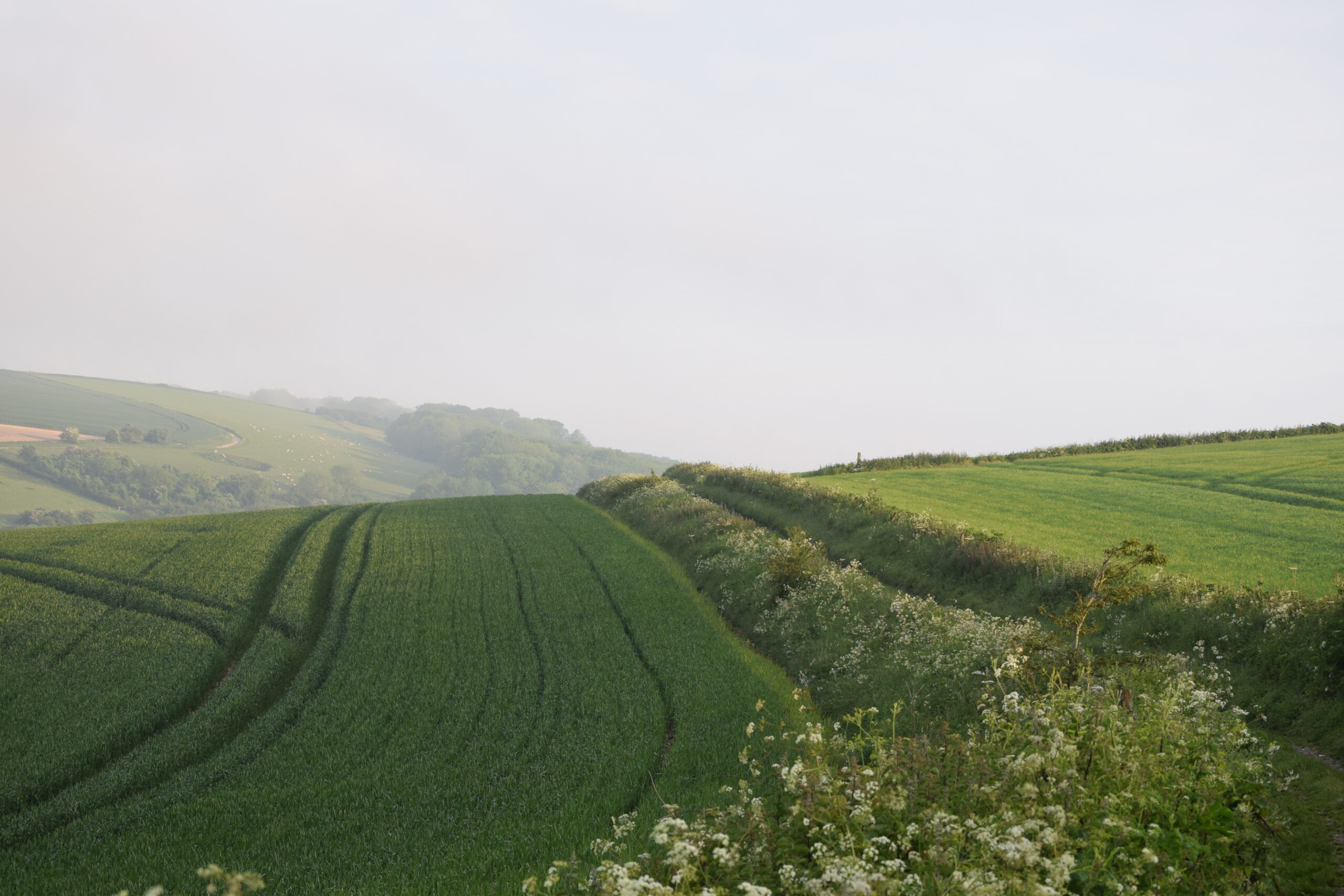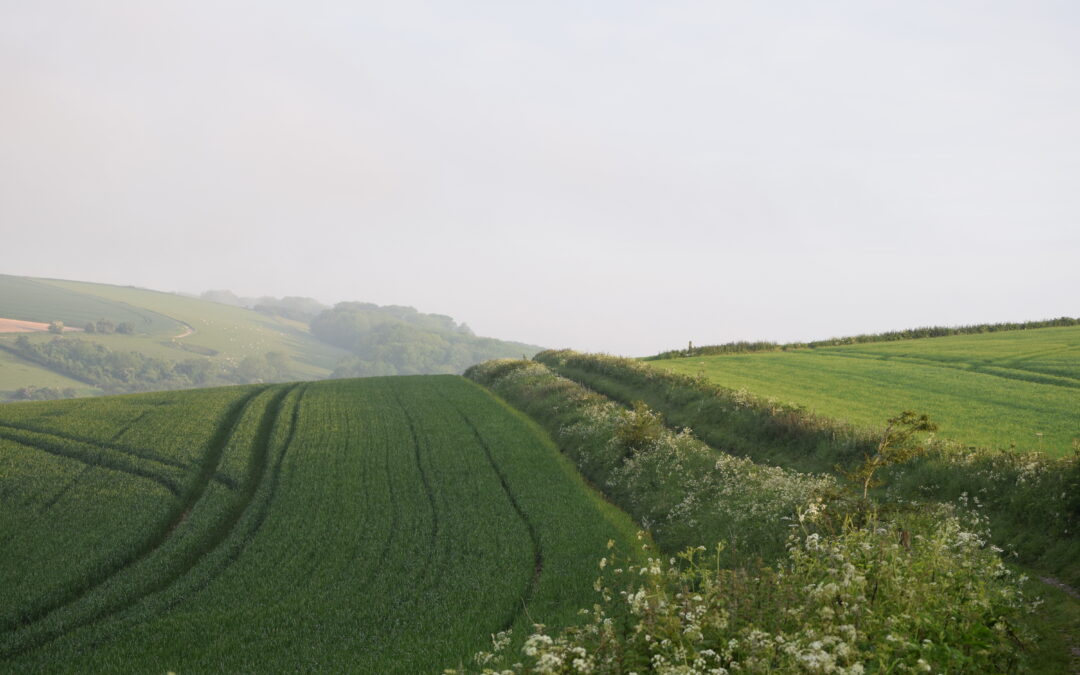Farming Through Uncertainty: Navigating Policy, Funding and Nature Markets in 2025

Farmers are not strangers to uncertainty. It’s something we’re very used to working with – uncertain weather, prices, animal (and human) behaviour, the list goes on. I’d go so far as to say we are some of the best at operating in uncertainty.
Farming in summer 2025 is no different; uncertainty is about the most consistent thing in our sector right now. It’s not only flux that we face, but also extremes too. Nothing demonstrates this better than the weather (obviously) – last year we had one of our wettest springs, this year it’s the sunniest on record. Farming today is a constant roller coaster ride of ups and downs, highs and lows, possibilities and disappointments. It’s not easy or stress-free but it is definitely exciting. It means we have to be on top form, ready to grab the right opportunities that come our way and dodge those that aren’t so helpful. Making sure we’re geared up and ready to ride these uncertain waves is critical.
As they say, information is preparation, so here’s a brief update on the wild ride that is English agri-environmental policy and nature markets as of August 2025.
The spending review confirmed that the budget for Environmental Land Management (England’s post-Brexit agri-environmental scheme) wasn’t being drastically cut, and £2.7 billion will be available annually until 2029. The Sustainable Farming Incentive was unceremoniously closed in March, which was a shock for all of us, but Defra has confirmed it will reopen, refreshed, early next year. A revamped Countryside Stewardship Higher Tier scheme is being introduced, with invitation-only applications.
Landscape Recovery (LR), is the government’s most ambitious scheme to support (usually collaborative) projects restoring over 500 hectares for 20 years plus. LR involves groups of land managers developing a project that combines Defra support with private funding to enable large scale transformation. The Adur River Recovery is a Round 1 Landscape Recovery project within Weald to Waves and is in the final stages of its development.
The Farming in Protected Landscapes scheme has been extended to March 2026, so those farming in a National Park or National Landscape, make the most of this funding pot. It turns out funding pots from Defra really don’t last forever, as we found out with the Capital Grants that opened on 3rd July 2025 and closed less than a month later. Lesson from this – when schemes are announced, don’t faff about.
Finally, the government is big on consultations at the moment. One to keep an interested eye on is the consultation on a Land Use Framework. We’re likely to hear back from Defra on this later this year.
So, onto nature markets. The buzzwords like natural capital, ecosystem service and green finance that excite everyone, and that are always said to be emerging. Biodiversity Net Gain (BNG) is one of the most emerged of all the market opportunities. A recent market report from Biodiversity Units UK revealed that there are 93 operational habitat banks across the UK, with 154 additional banks in development. Habitat bank businesses have now attracted over £324 million in private investment with a retail value that is predicted to approach £3 billion by 2035. The slow and steady arrival of BNG and the opportunity to create habitat banks is enabling land managers to be paid for delivering fantastic biodiversity uplift, creating more resilient farming businesses that aren’t so heavily reliant on government funding. Win win.
In the nature-based carbon world there are two deals of note; Nattergal sold 10,000 carbon credits to Arup for £100 per tonne, assured using the Wilder Carbon Standard for Nature and Climate. Oxygen Conservation then sold 8,000 Woodland Carbon Code credits to Burges Salmon for £125 a tonne. Much like the BNG market, these deals take time, but it’s fantastic to see high-integrity nature-based carbon credit sales materialising from the UK.
So, back to riding the wave of uncertainty together. Attending the brilliant Groundswell (the UK’s no.1 regenerative agriculture festival) helps – providing the perfect moment to learn, share and celebrate the ups of farming. We’re hoping our Land Manager Guide (available in our online members area) might also provide a bit of support, it’s an overview of all the opportunities out there at the moment for land managers – from stewardship to BNG to diversifications and back again. It provides a guiding hand to take you through the process of making decisions about land, what to do where and who to ask for advice and support. We hope it might be helpful. As always, any questions do get in touch.
By Molly Biddell, Head of Natural Capital at the Knepp Estate
